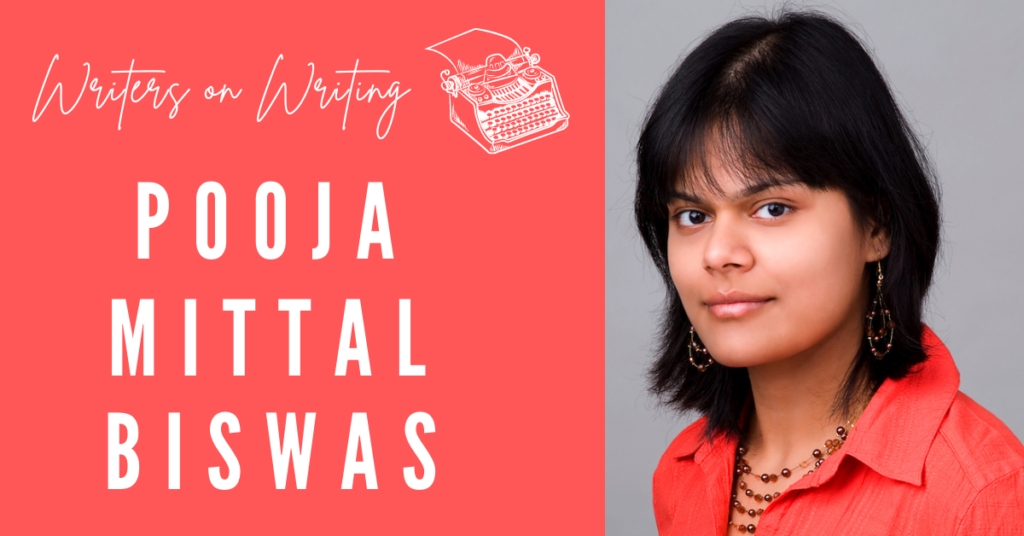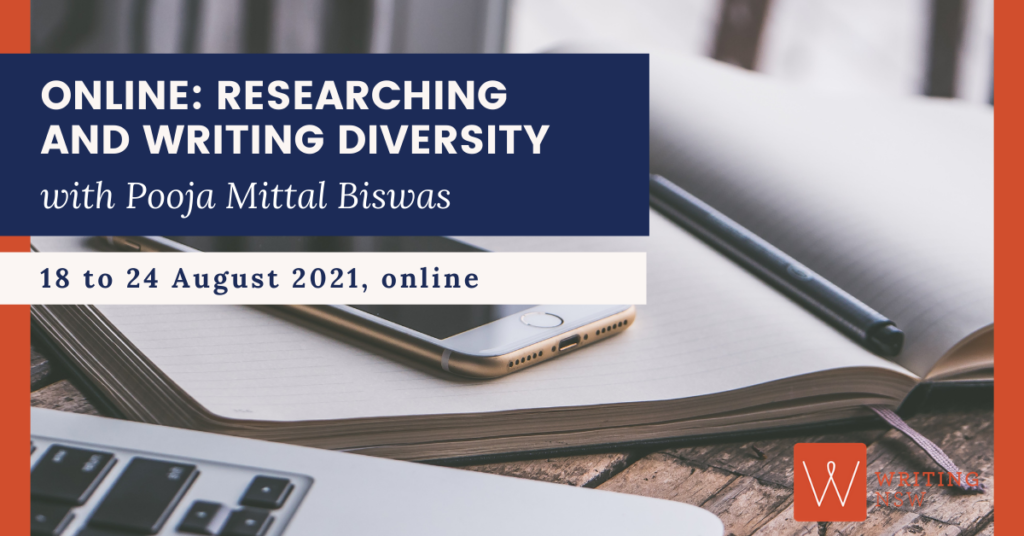
As a brown-skinned, Indian migrant kid growing up in New Zealand and Australia in the late nineties and early noughties, I didn’t see myself anywhere—not on TV, not on billboards, and certainly not in any of the books I read obsessively throughout my adolescence. I searched and searched for books about kids of colour, queer kids, or mentally ill kids, and rarely encountered all three in the same book, even when I was lucky enough to discover one of them in a book. Any book.
For years, I wasn’t reflected anywhere other than in mirrors, and strangely enough, the longer I went unreflected by the rest of the world, the lesser even mirrors seemed to reflect me. It was as though I was fading away, slowly losing corporeality, like a shadow or a wraith. Like a memory. But whose memory? My own? Who was I when I went unseen, unheard and unspoken of? Was I a dirty word censored by a decent society? Was I a mistake half-smudged out of existence by a rather ineffective eraser?
And was I shameful because the smell of my mum’s home cooking was immediately deemed “disgusting” by the white students in my class, who then proceeded to call me “brownie”? I hadn’t even noticed they were white until then, or that I was brown. Darker. Different. Other. And there weren’t any stories at my school library that said otherwise, that depicted a dark-skinned child with spicy food in their lunch box as being perfectly normal and unremarkable. Was it any surprise, then, that I grew up believing I was disgusting, when the common consensus was that I was disgusting, and hardly any text I came across explicitly contradicted that?
That is why inclusivity is important in literature. Our stories are the mirrors we hold up to the world—mirrors that we instinctively seek to see ourselves in, to place ourselves in. In psychology, the “mirror stage” is generally considered a crucial stage in the development of the human psyche, when, as infants, we learn to identify ourselves in our reflections. Even as adults, we continue to consciously and subconsciously seek out reflections of ourselves; we mirror each other’s body language in order to understand and be understood, and we more easily identify with and enjoy stories that feature characters like us.
But if there are no reflections of us anywhere, then how will we identify ourselves, let alone accept ourselves? When those around us have reflections but we do not, will we not feel invisible, frightened, alone and disenfranchised? When we finally do find reflections of ourselves but they are monstrous, disproportionate or caricatured, will we not feel misrepresented, or even begin to doubt whether we are in fact monstrous, broken, unnatural? Is that not cruelty, to make our fellow human beings think so? When particular groups of people scarcely ever see themselves depicted in the media around them (that is, depicted realistically and respectfully), then is real harm not being done to them?
We should not make ghosts out of the living. If a person exists, then they deserve to have their existence reflected back at them. It is a powerful, basic human need. It is a necessary self-affirmation: “Yes, I exist. Yes, I am here in this world. Yes, this world sees me. I am a part of it.”
Writing diversely and inclusively means being aware of what and who the mirror that is our writing is reflecting, and who that reflection may be leaving out. It means taking steps to ensure that there aren’t gaping holes in our representation of humanity, that our writing does not present a falsely homogeneous image of what it means to be human, and that not absolutely everybody in the stories we write is—for example—straight, white, male, cisgender, mentally well, or without disabilities.
The books we write should be as diverse as reality is, lest we warp that reality as per an exclusionary agenda that further worsens existing systems of prejudice and privilege. Research, empathy and respect are key to writing diversely while avoiding appropriation, as is humility and a willingness to admit our ignorance and privilege. Also indispensable is the willingness to educate ourselves in the face of our own ignorance and privilege, instead of, out of fear, sticking to the seemingly “safe” confines of writing only about people exactly like us, which is harmful to ourselves and to others, and is a state of dangerous complacency when it comes to developing one’s own writing as a craft.
Risk it. Learn. Discover. The imagination shrivels and dies when it is not fed on newness, on discovery. The imagination is humble, always willing to learn and always unafraid of its own ignorance, because only with ignorance can one discover, can one have adventures and then tell stories about them. No quest was begun with the treasure already in hand, and the imagination is a perpetual, unending quest. Quests are invariably about going to other places, even if those places are within ourselves. Quests are never about being in the same place, looking out of the same window, thinking the same thoughts.
Yet even when we are attempting to be diverse, we should not “insert” (the very word “insert” implies artificiality rather than creative integrity) diverse characters into our stories simply as token characters, statement-makers or flat clichés; these characters should be as three-dimensional, emotionally vibrant and narratively significant as all the other characters. We should not write diversely because it is “politically correct.” We should write diversely because it makes for better, more authentic, more significant art. More human art, and is art not about understanding what it means to be human?
We should also, as readers, buyers and publishers of books, as investors in particular realities, do everything in our power to support, encourage, celebrate and call for more Own Voices content that will make more room for those of us who are oppressed to tell our own stories.
When we read books that again and again fail to feature us, the persistent deluge of “You are not here, you are not here, you are not here” eventually becomes a thundering chorus of “You don’t belong here, you do not deserve to be here.” Each Australian novel that only features white Australians in its main cast creates, and cumulatively adds to, the impression that Australia is mostly a white country, or that Australians are or should ordinarily be white, or that if there is anybody in Australia that is not white, then they are not truly Australian or are less Australian. “Australianness” then becomes defined as whiteness. Similarly, every novel about medicine that only features men as surgeons adds to the reader’s growing impression, corroborated by real-world systemic sexism, that women can’t be surgeons or scientists or in positions of trust that demand dexterity, rationality and technical knowledge. Every novel about that refuses to accurately and respectfully represent any LGBTQIA+ people at all gives the very false impression that the world is only for (or formed of) straight people.
Life does imitate art. What sort of life do you foresee imitating your art? What sort of world do you want to create—not just in your story but in reality? Who will see themselves in the mirror that you hold up?
*
Pooja Mittal Biswas is the author of four books, including Diaries of a Marked Man and Subliminal Dust. Her writing appears in Best Australian Poetry, Meanjin, Hecate and Jacket. She has previously taught advanced fiction at Monash University, and has mentored writers.
Join Pooja Mittal Biswas for her online course, Researching and Writing Diversity, 18 August to 24 August. Enrol here>>

If you want to be the first to read great advice, prompts and inspiration from our incredible tutors, subscribe to our weekly e-newsletter Newsbite.
More from Writing NSW
Check out our full range of writing courses in Sydney, our online writing courses and our feedback programs to see how we can help you on your creative writing journey. Find out about our grants and prizes, as well as writing groups across NSW, and sign up to our weekly newsletter for writing events, opportunities and giveaways.
